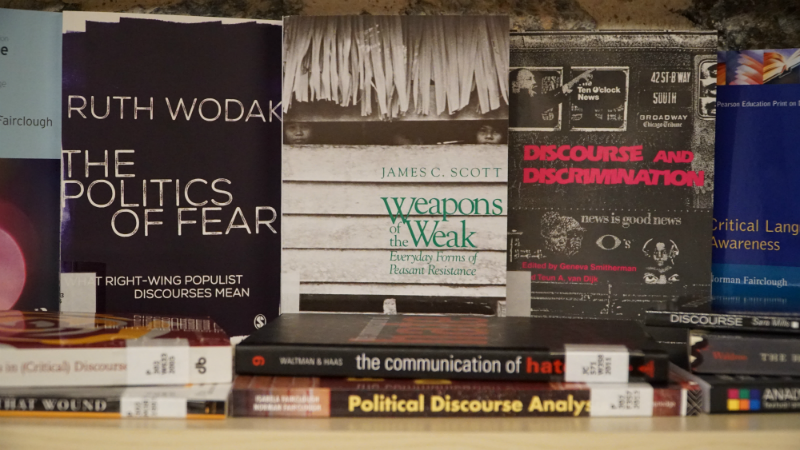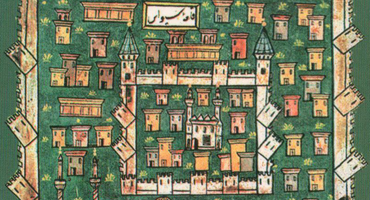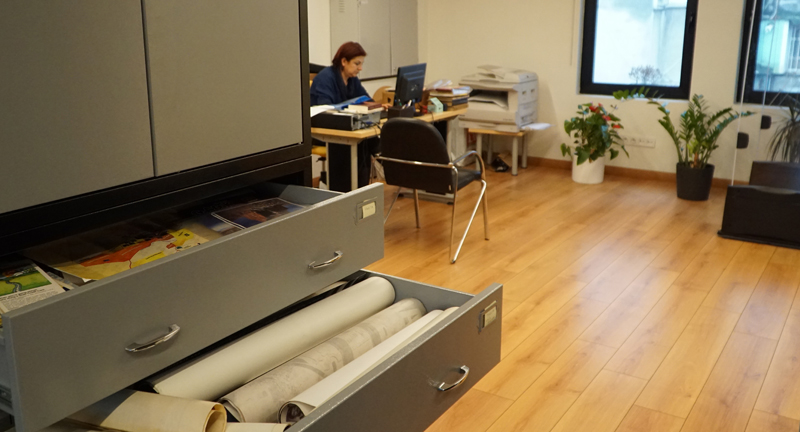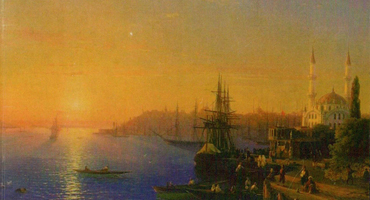Visitors of the Hrant Dink Foundation Library can benefit from all printed and digital materials in the Library. Our library welcomes the readers between 10.00-18.30 on Mondays, Tuesdays, Fridays and Saturdays, and between 12.00-22.00 on Wednesdays. Please check the membership section for conditions of borrowing.
Asulis collection of the Hrant Dink Foundation Library keeps expanding with Turkish and English materials on 'discourse' and 'discrimination'. Compiled by Asulis Discourse, Dialog and Democracy Laboratory, the collection offers the works of prominent writers in this field, such as Norman Fairclough, Ruth Wodak, Paul Chilton, Sara Mills, Teun A. Van Dijk, Timothy Garton Ash, to scholars, students and independent researchers working on discourse and discrimination. Asulis collection is planned to be expanded even more in order to contribute to works on different types of discourse, especially hate speech, discriminatory discourse and dangerous discourse.
Please click here for the Asulis collection.
A selection from Asulis collection
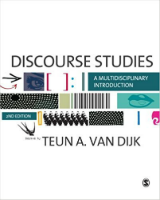 |
Collected by Teun A. Van Dijk, the book titled Discourse Studies: A Multidisciplinary Introduction (Sage Publications, 2. Edition, 2011) includes articles of prominent scholar working in the field of discourse, such as Paul Chilton, Ruth Wodak, Norman Fairclough. Offering an interdisciplinary content, this collection is an introductory work that covers almost all topics in the field of discourse. |
|
The recent book of Timothy Garton Ash titled Free Speech: Ten Principles for a Connected World (Yale University Press, 1. Edition, 2016) is available in our library. In this book, the author smartly discusses ten basic principles that he finds necessary for freedom of expression in the digital age. |
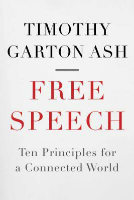 |
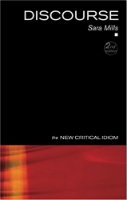 |
Sara Mills, in her book Discourse (Routledge, 2. Edition, 2004), examines historical definitions and development of discourse and also covers Foucault's analyses of discourse and the discussions on how discourse is adopted in the fields of social psychology and feminist, colonial and postcolonial theories. |
|
Norman Fairclough’s Language and Power (Routledge, 3. Edition, 2015) is a primary source in the field of critical discourse analysis. Fairclough tries to capture the function of language in preserving and changing the relations of power in modern societies. With this book, the author aims to show how the ways of analyzing language is able to reveal these processes and offers an important interpretation for students working on critical discourse analysis and the relation of language and power. |
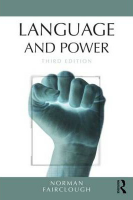 |
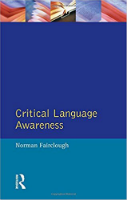 |
Fairclough's another book titled Critical Language Awareness (Longman, A Pearson Education Print on Demand Edition, 1992) is also available. This collected work consists of thirteen articles discussing the awareness of critical language from different perspectives. Contributing to current discussions on the role of language awareness in language education, this book brings important works on critical language study together. |
|
You can find the articles on critical discourse analysis by authors like Theo van Leeuwen, Paul Chilton, Norman Fairclough, Teun A. Van Dijk, Ruth Wodak in the book titled A New Agenda in (Critical) Discourse Analysis (John Benjamin Publishing Company 2005), which is collected by Ruth Wodak and Paul Chilton. This book, which is considered as a primary source for experts in the field of discourse analysis, covers critical assessments about methods and assumptions in critical discourse analysis and offers road maps to achieve new methods for researchers. |
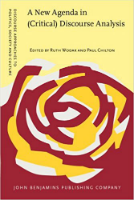 |
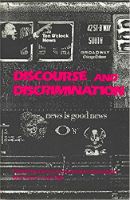 |
Collected by Geneva Smitherman and Teun A. Van Dijk, Discourse and Discrimination (Wayne State University Press, Detroit, Michigan 1988) consists of nine articles, exploring the linguistic and communicational aspects of spread of racism through print and visual media, daily language and curriculum. |


